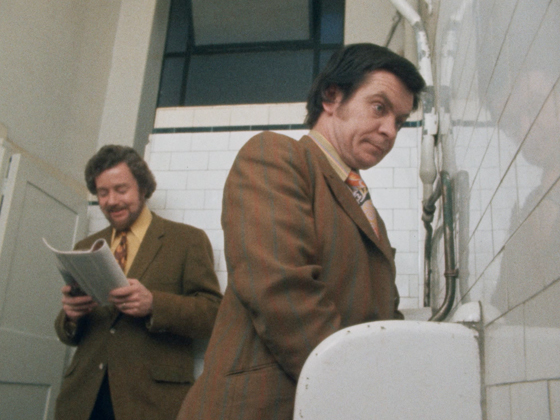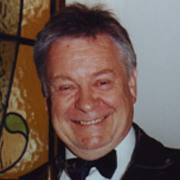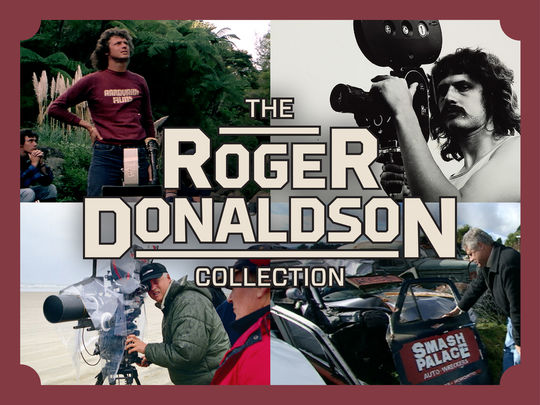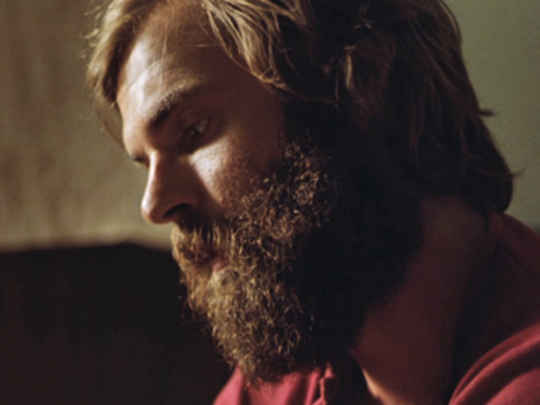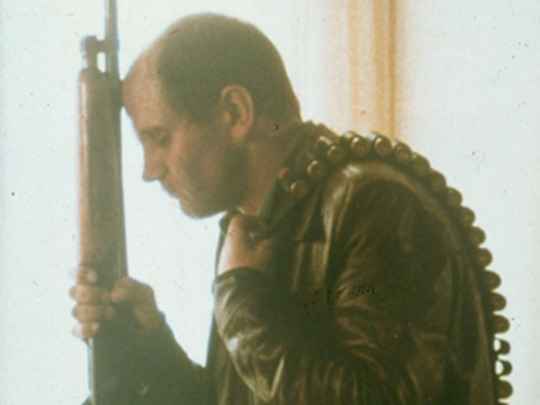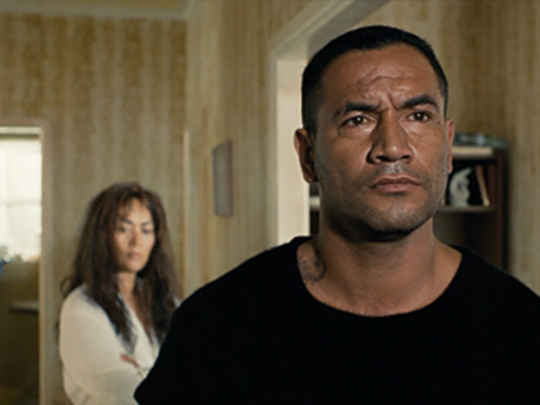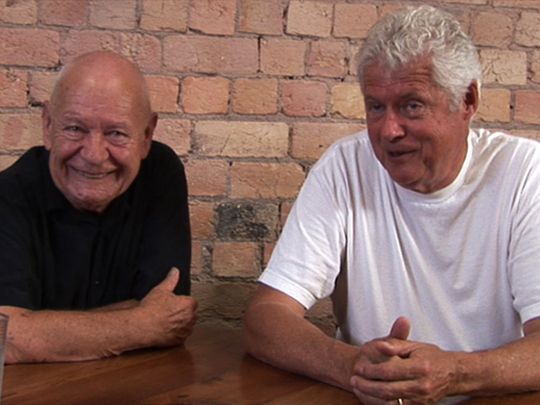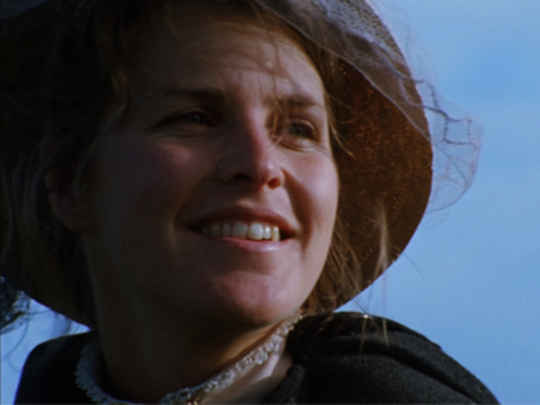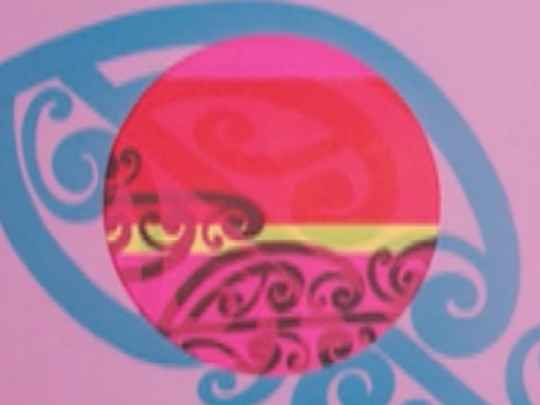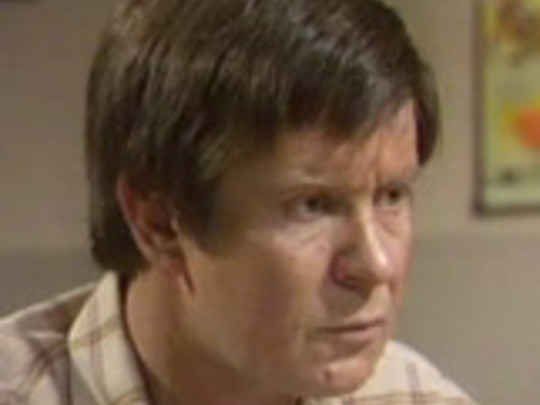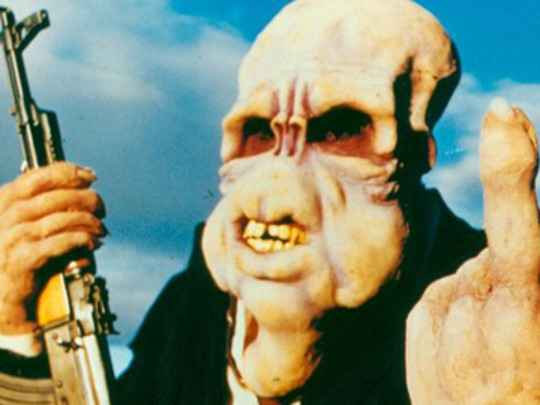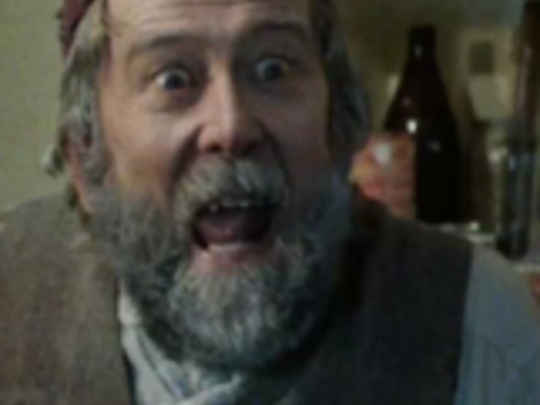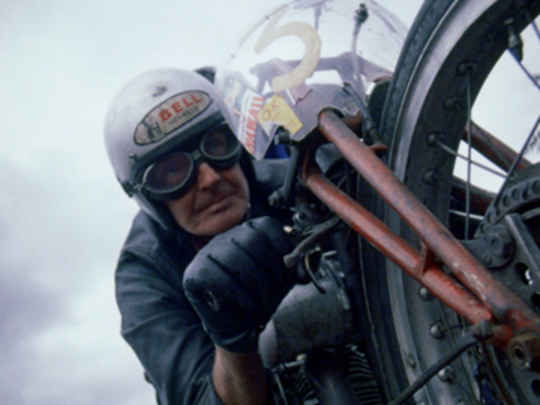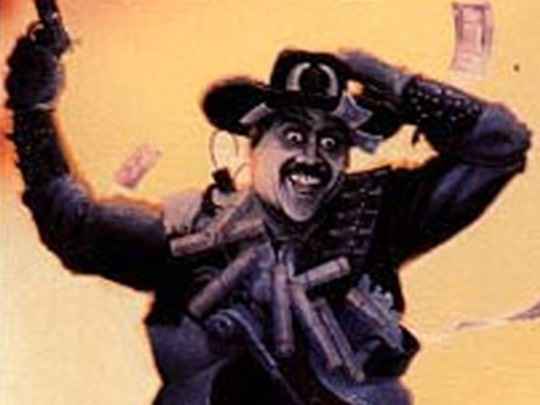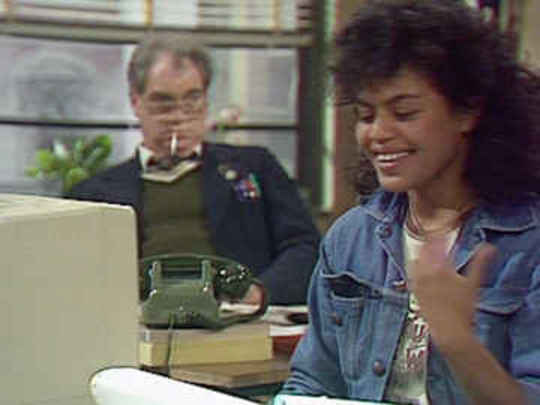Derek
Television (Full Length) – 1974
This title has two backgrounds:
A perspective
If there’s a spark to the flame that lit the rocket of New Zealand film in the 1970s, then this little film probably has the best claim to being it. Derek hit me like a round from a howitzer when I first saw it; it was naughty, subversive, and funny. To a kid just starting to get his head around the distant possibility of maybe making movies myself one day, it offered a glimpse of what might be possible.
Derek marks the first collaboration between Roger Donaldson and Ian Mune. Donaldson was already a successful photographer, who had begun dabbling with documentary and advertising films. Mune was a leading light in local theatre, and keen to develop his dramatic voice in a new medium.
They were committed (Donaldson reputedly sunk his life-savings — $200 — into the production), and hit the ground running in Derek. Right from the opening it's brimful of attitude.
A sleazy looking Mune starts his morning routine to the incongruous accompaniment of the Karelia Suite by Jean Sibelius (the music used in This Is New Zealand). Donaldson and Mune were pointedly sticking two fingers up to the 'system', as if to proclaim "this is New Zealand too".
Some years back, we would have called Derek grunge. Back when it was made, the term kitchen sink was more popular. Either way, it's as unmisty a view of suburban life in New Zealand as has ever been produced. But there's no Ken Loach-style handwringing over the lot of the downtrodden masses here. Derek is downbeat, but it's also colloquial, rude, and rather funny. And not just because Mune gets his jockstrap off and shows his ass.
The main character's running monologue energises the footage captured fly-on-the-wall style. The device of internal commentary works for the film because it runs in counterpoint to what we see. The more boastful and extravagant Derek's thoughts become, the more he is undercut by the evidence on-screen.
There's a wonderful sequence featuring Mune jogging. As he runs past a phone box he has soft-core fantasies about a breast-baring woman inside, spurred on by delusions of his virility. Shortly afterwards he's pursued (and humbled) by a dog and two small kids on bikes, in a scene which feels completely spontaneous.
It's important to remember that at this point in New Zealand television history there had been virtually no independent drama made. As a front-runner, Derek provoked equal portions of public outrage and pleasure when it was screened. The nudity and anti-social behaviour was decried by moralists such as Patricia Bartlett. New Zealand's contemporary censorship regime was notoriously conservative, and the letters to the editor pages seethed:
"I have been wondering since I saw it what merit the film had. I cannot use polite language to describe the nausea it gave me ... The film was dirty, uncouth and sordid, and a complete bore."
"There's something very radically wrong somewhere. Paying TV licence money to look at such filth is not funny: it's an insult to intelligence and common decency."
But this was also the 1970s, and more liberated viewers hailed the film's bravery in "telling it like it is". One called it "the most exhilarating play to hit the small screen for a long time", and both letter writers and critics praised Mune's performance. In 1975 he won a Feltex Award for his work.
As Mune mused a decade later: "Derek was a big loud yell that there's somebody in the country who's going to do it differently. That's what we intended."
The only thing that has dated is a certain low-grade sexism. Stylistically, it feels as fresh as anything around today.
Despite the controversy, the nabobs of New Zealand television obviously decided these young turks were worth another go, as Donaldson and Mune were able to get Winners & Losers, a series of half-hour dramas, commissioned. Each project marked a step closer to their ultimate goal, which was to make a feature. The momentum started with Derek led to Sleeping Dogs in 1977, the breakthrough New Zealand feature film (directed by Donaldson, and starring Mune and Sam Neill). The rest is history.
- Costa Botes is a New Zealand filmmaker and critic.
